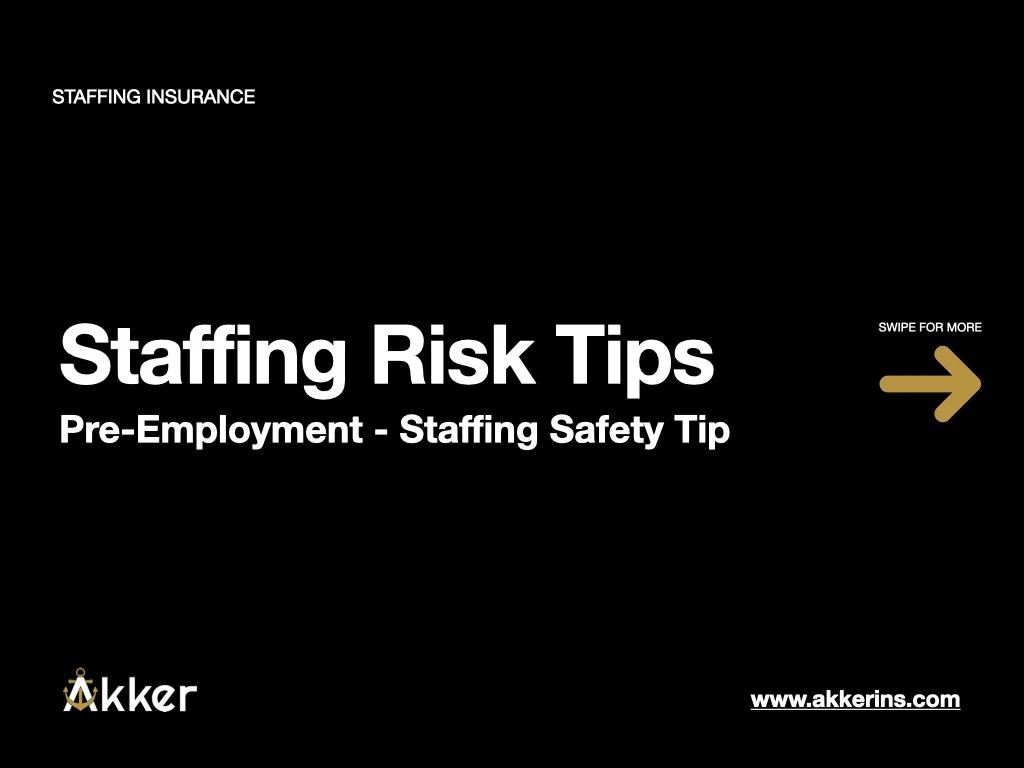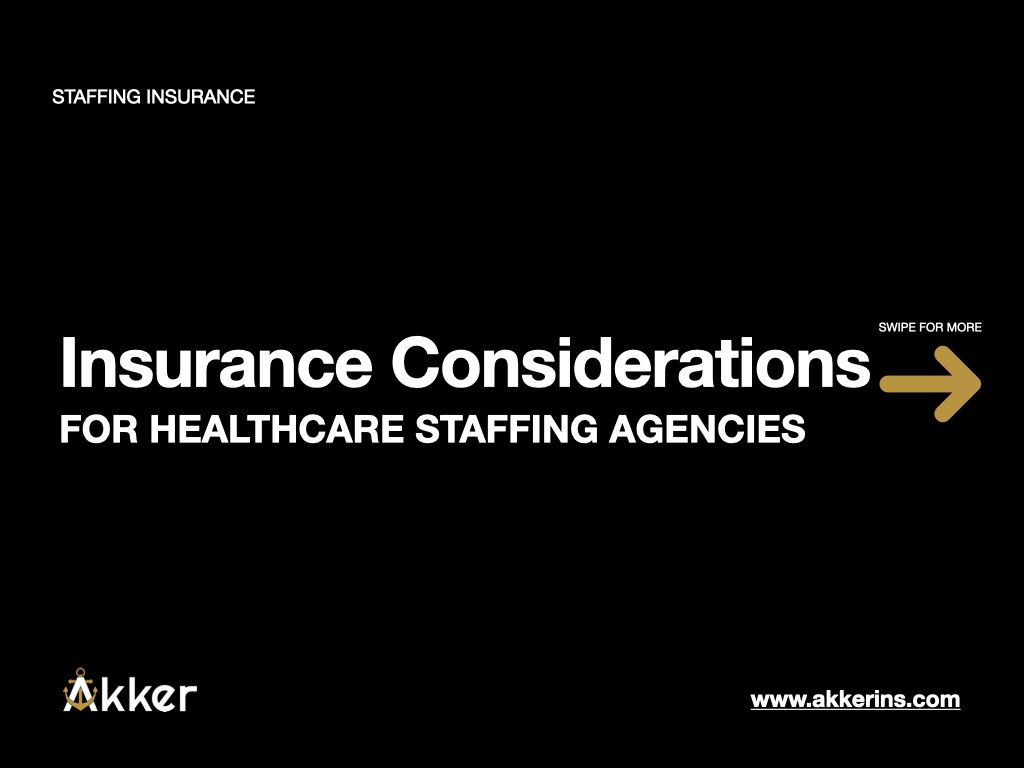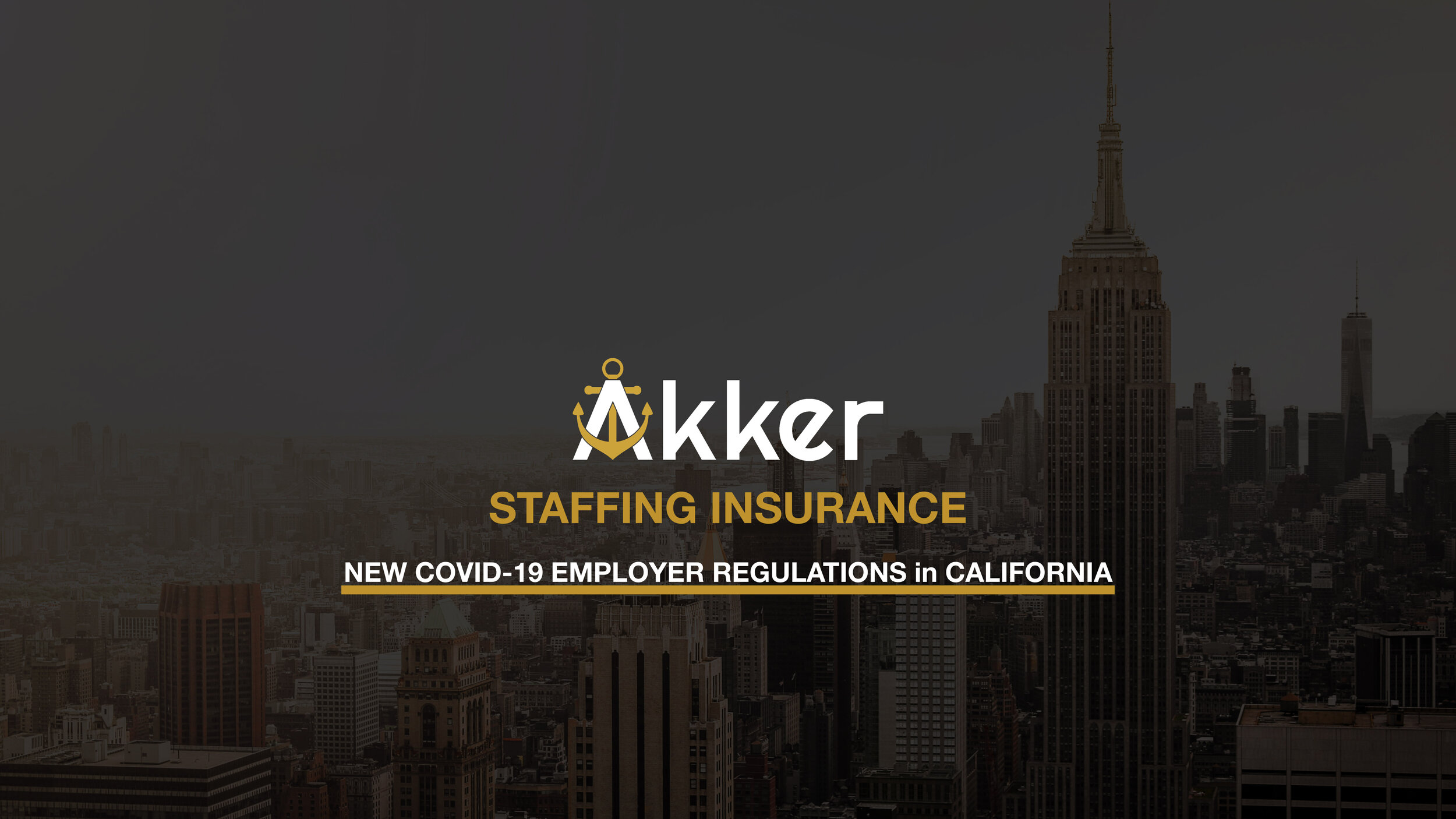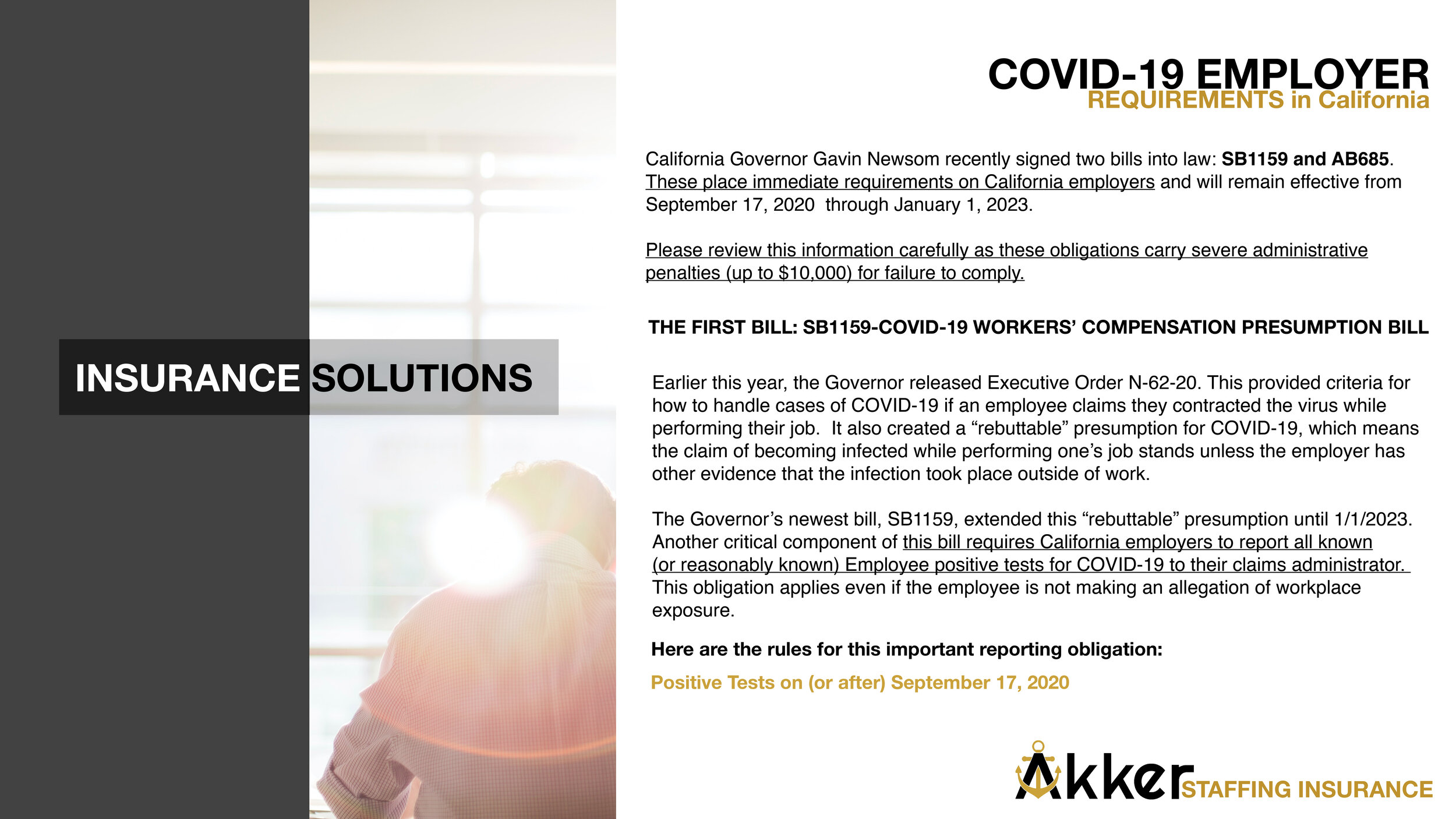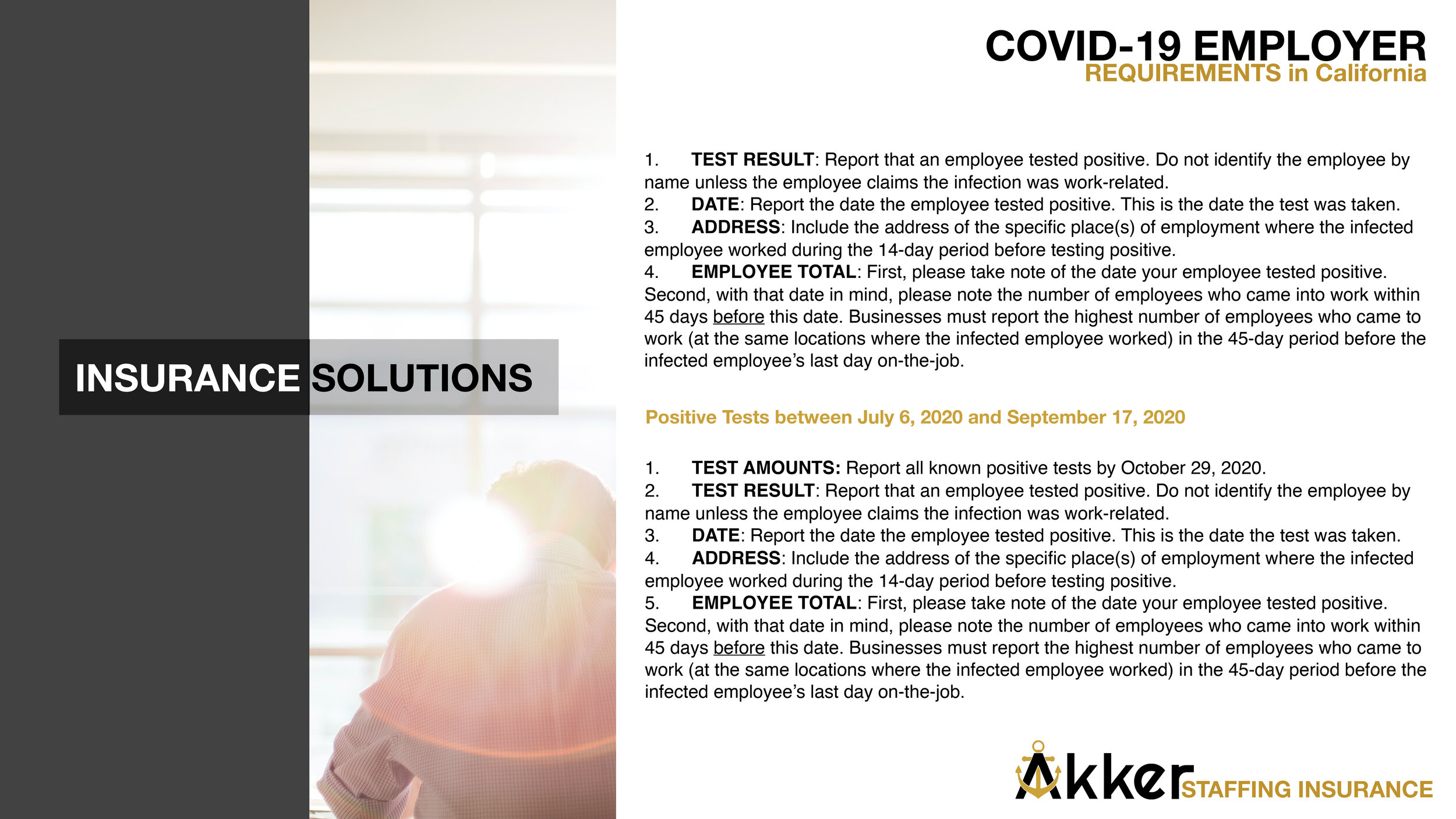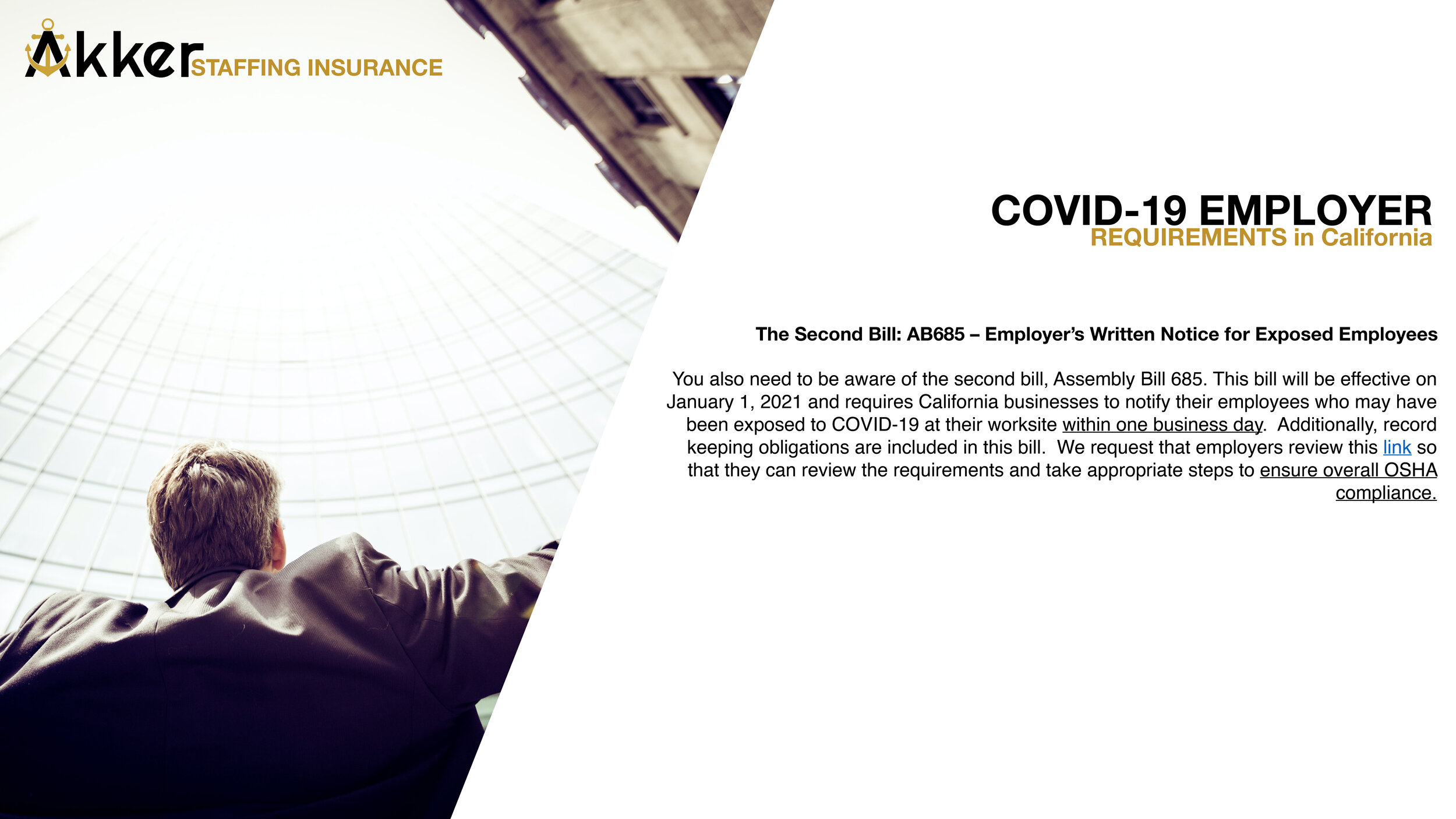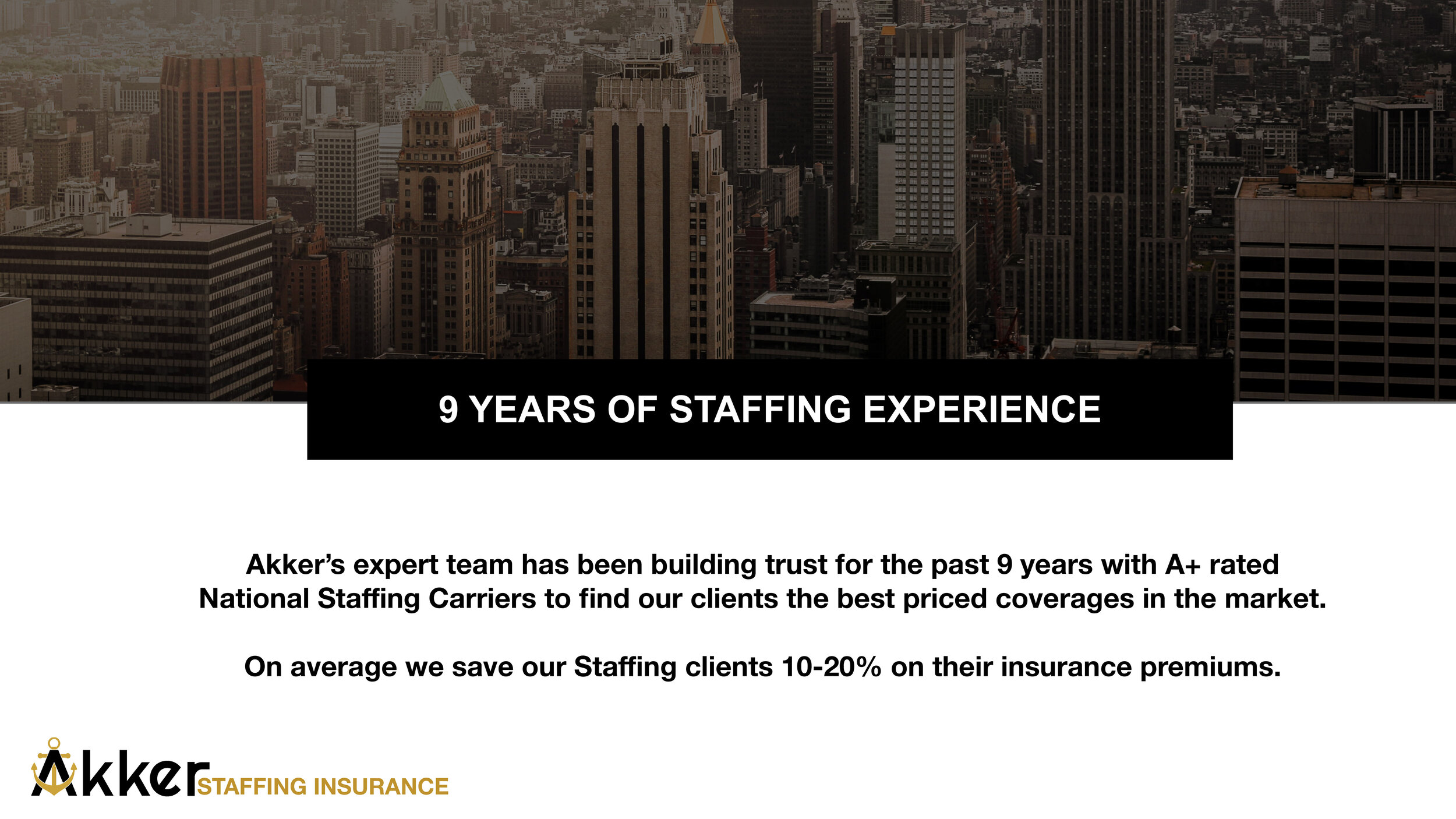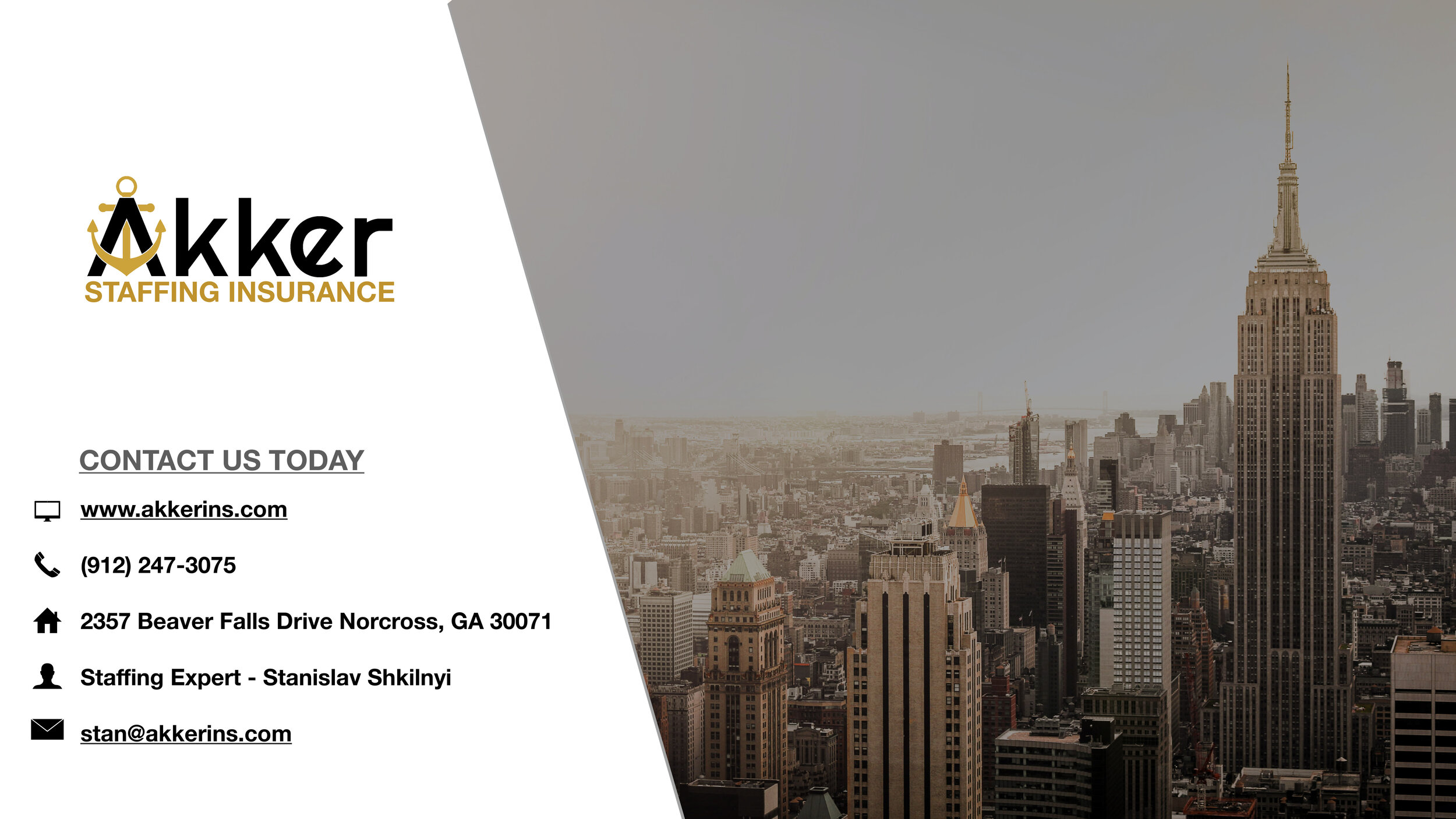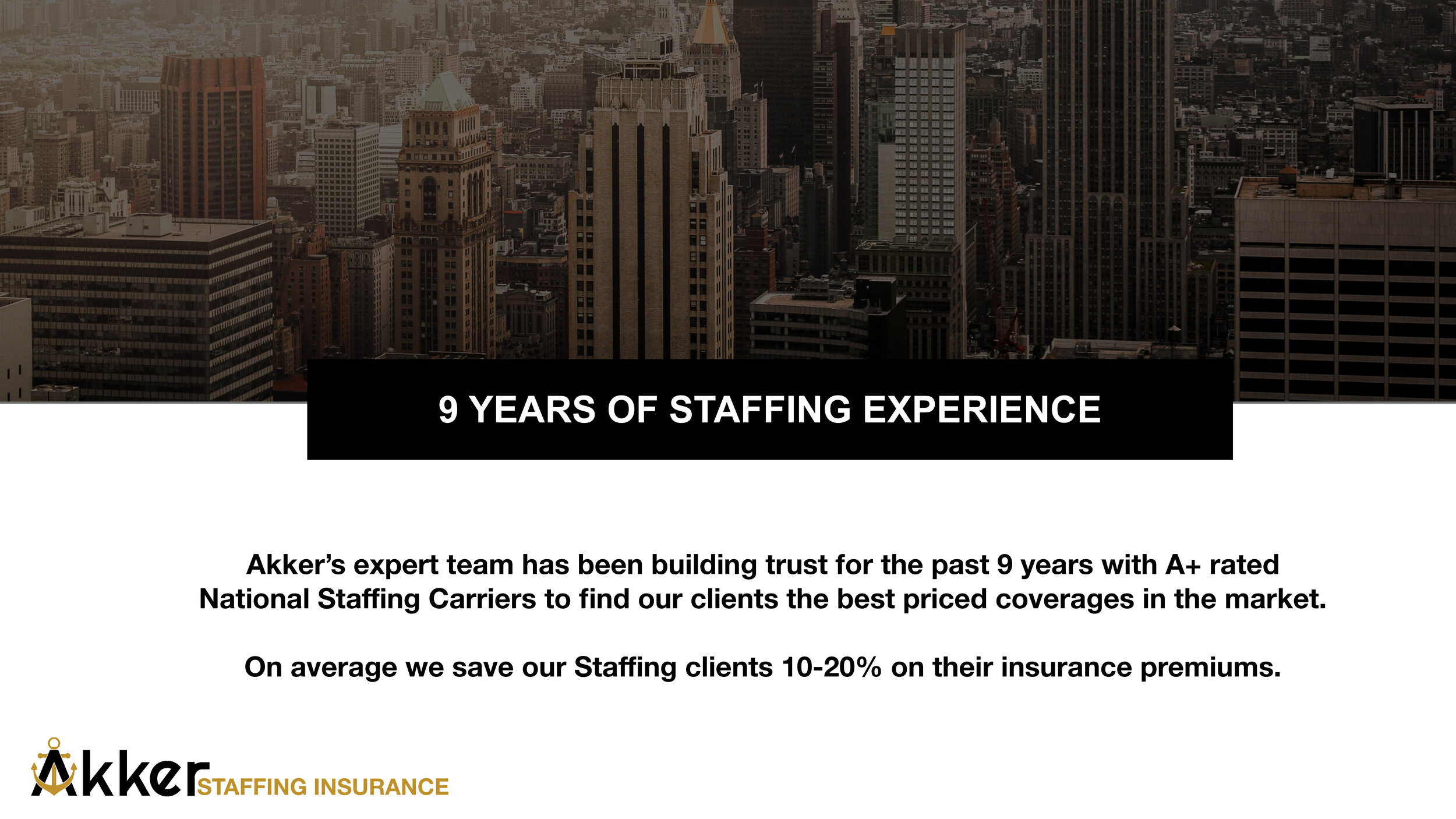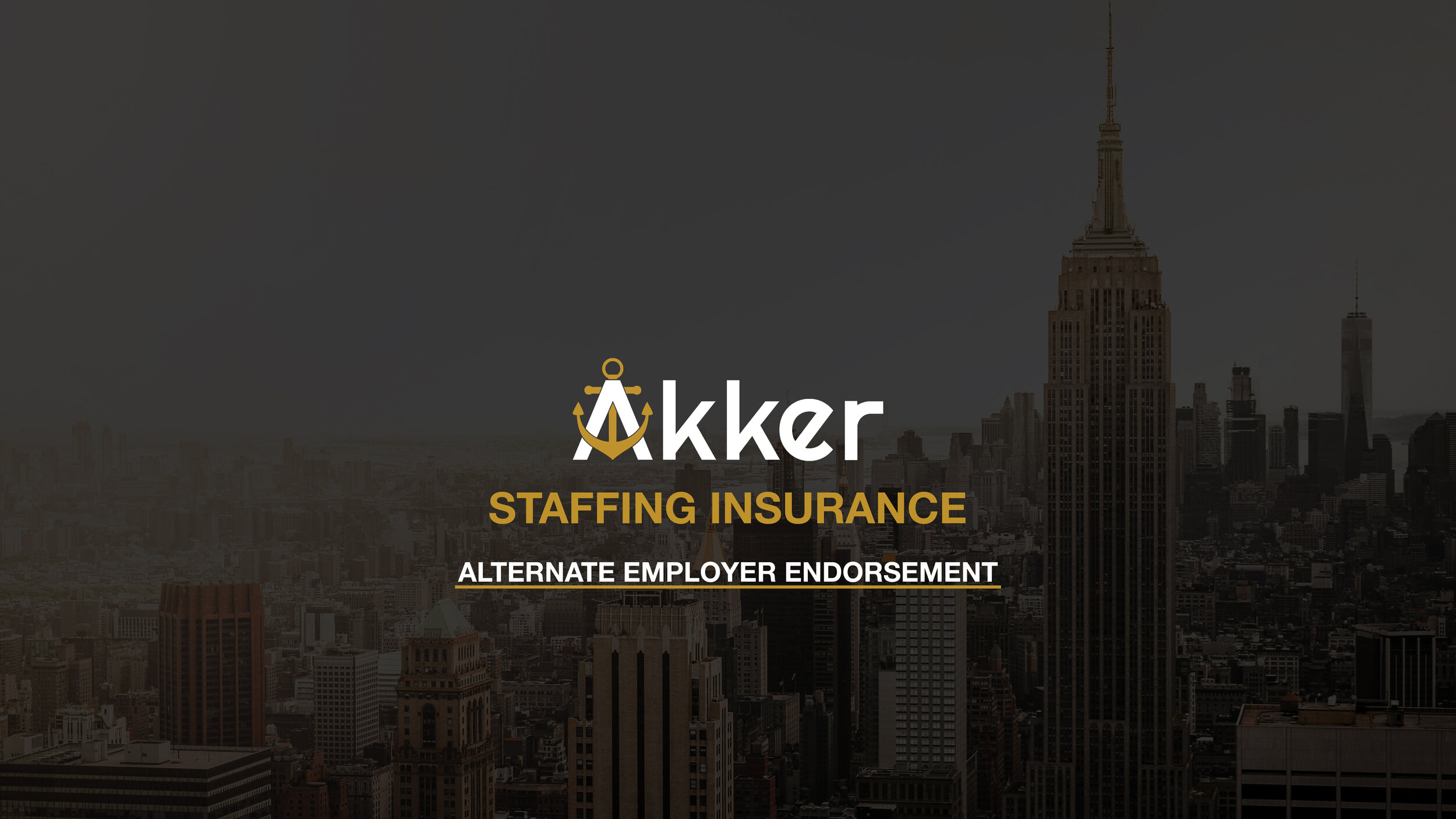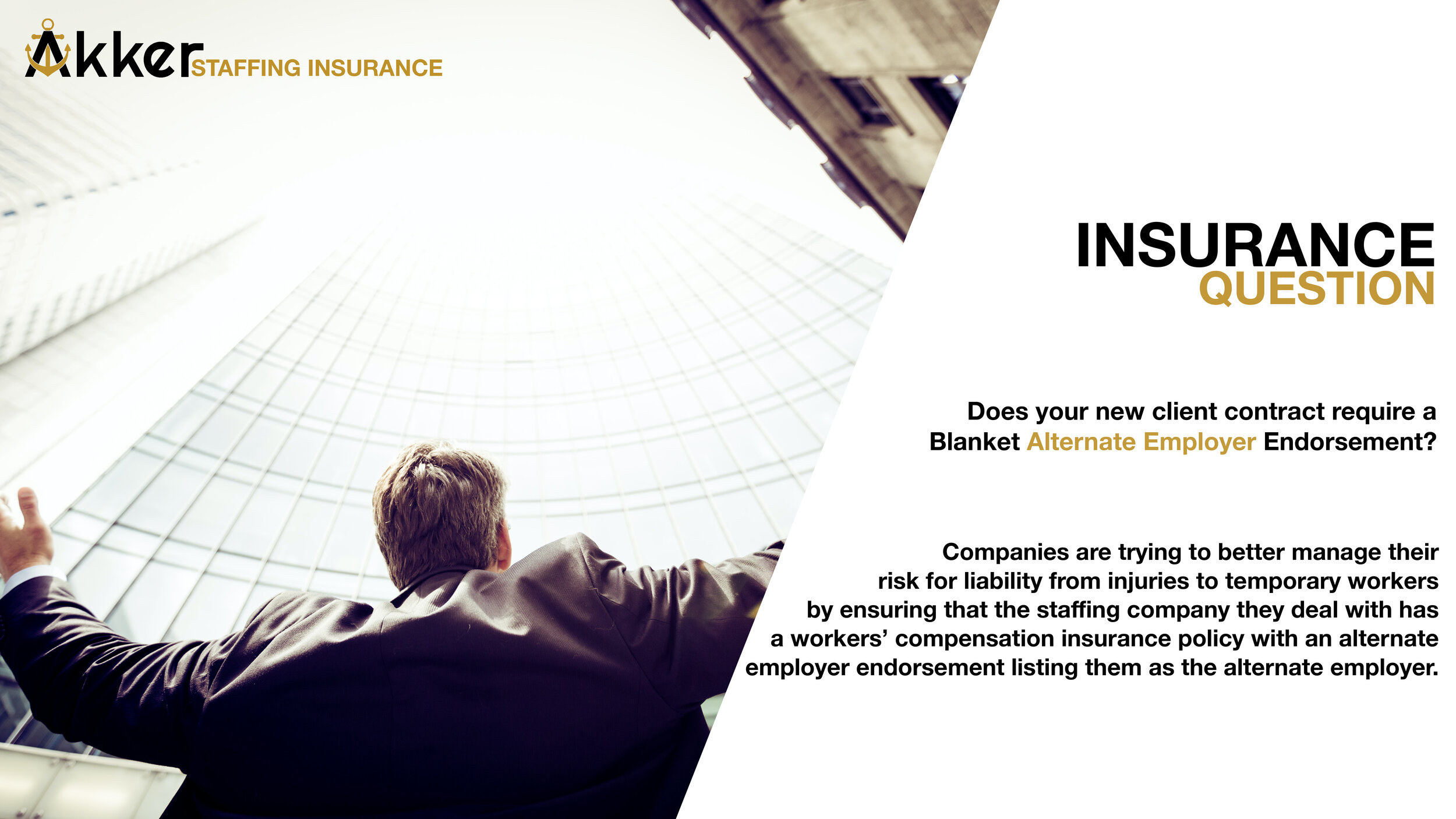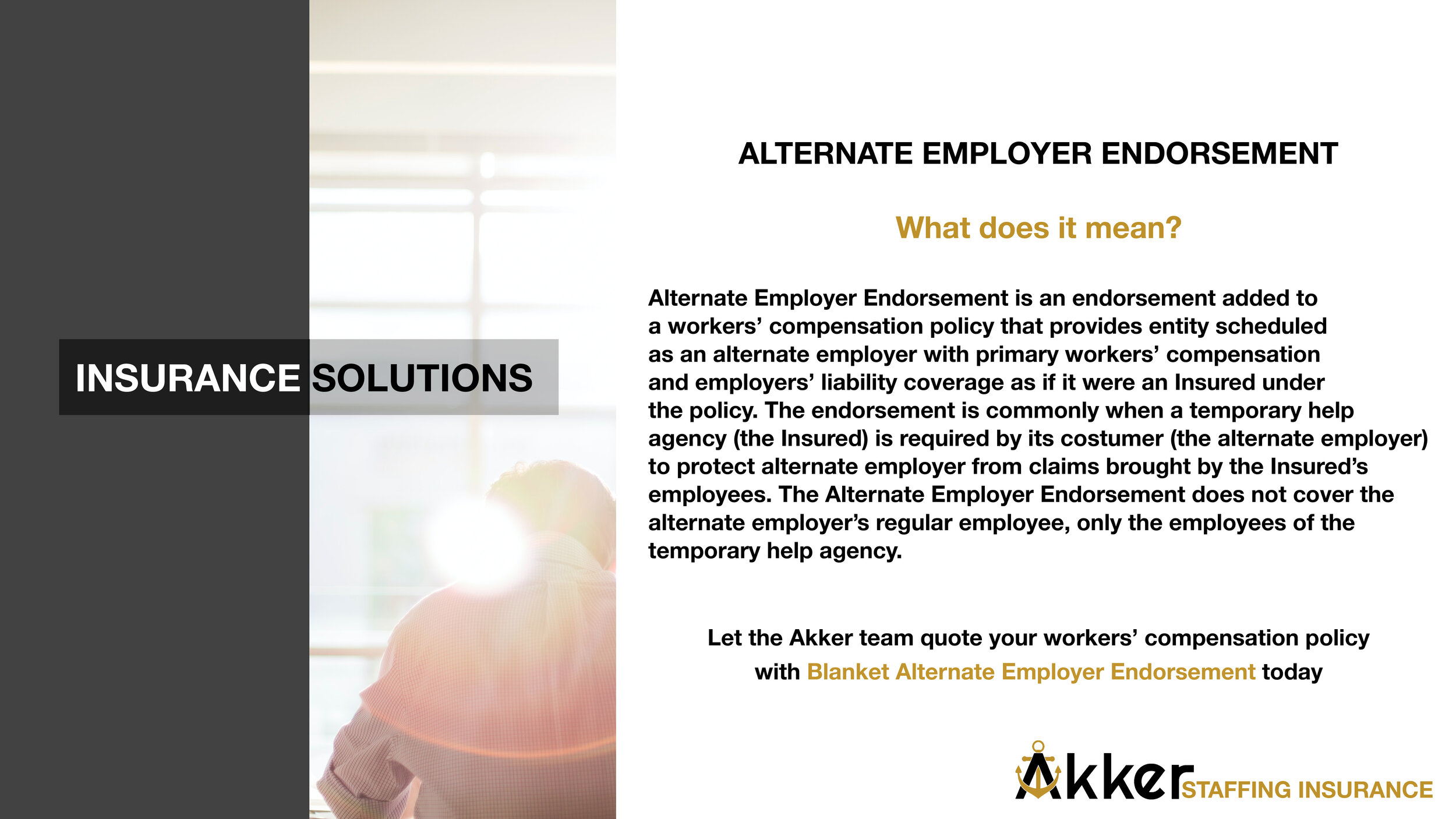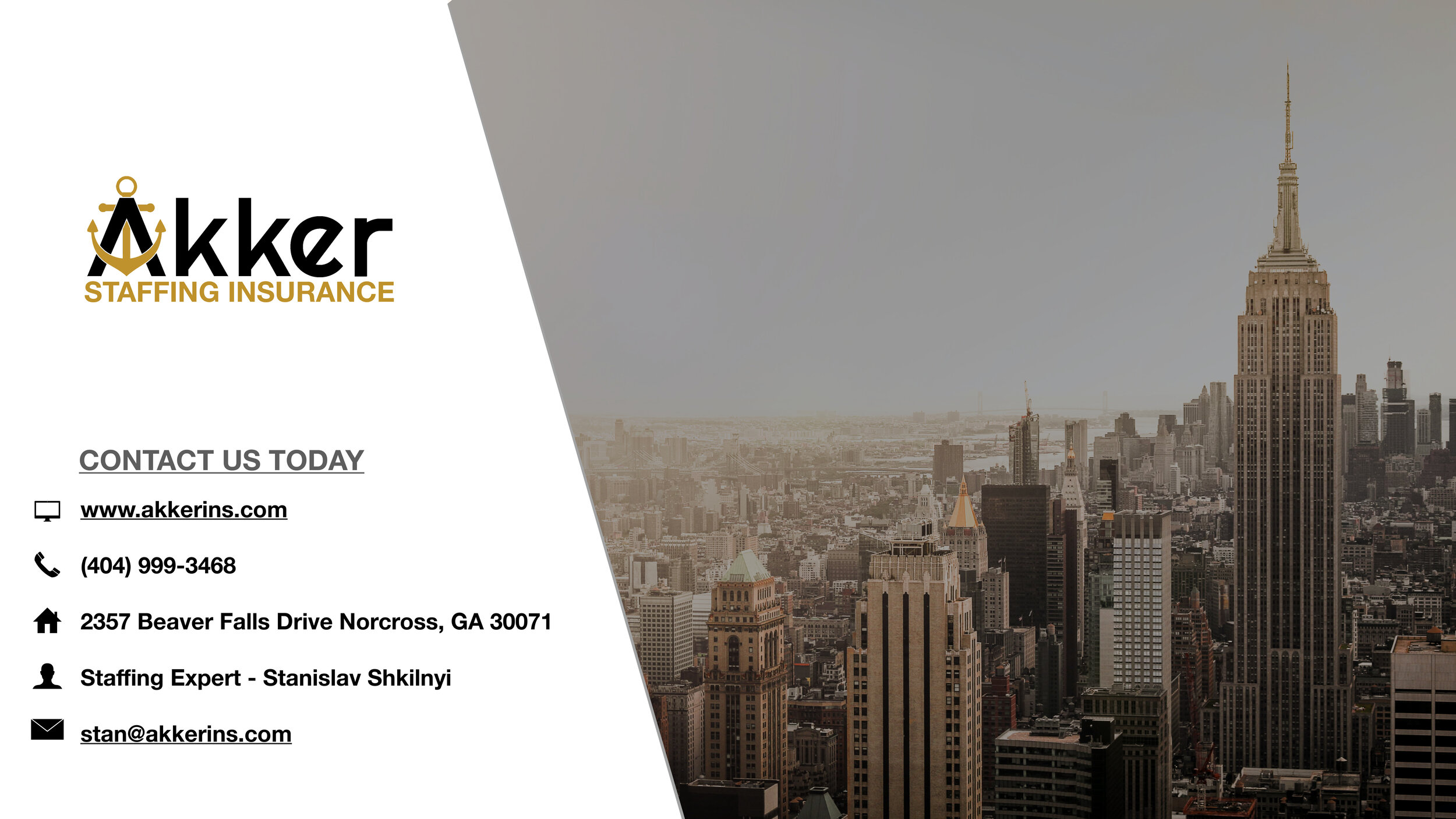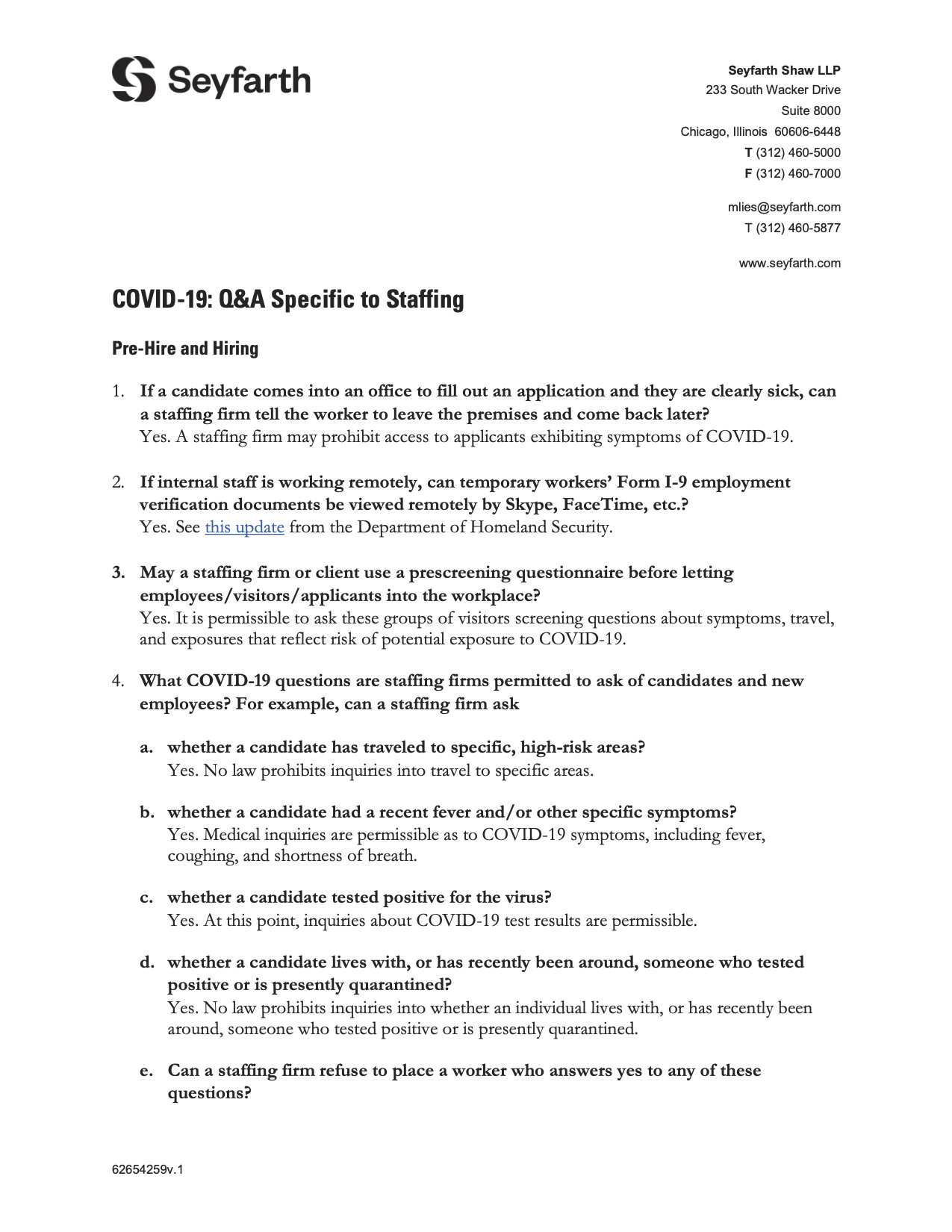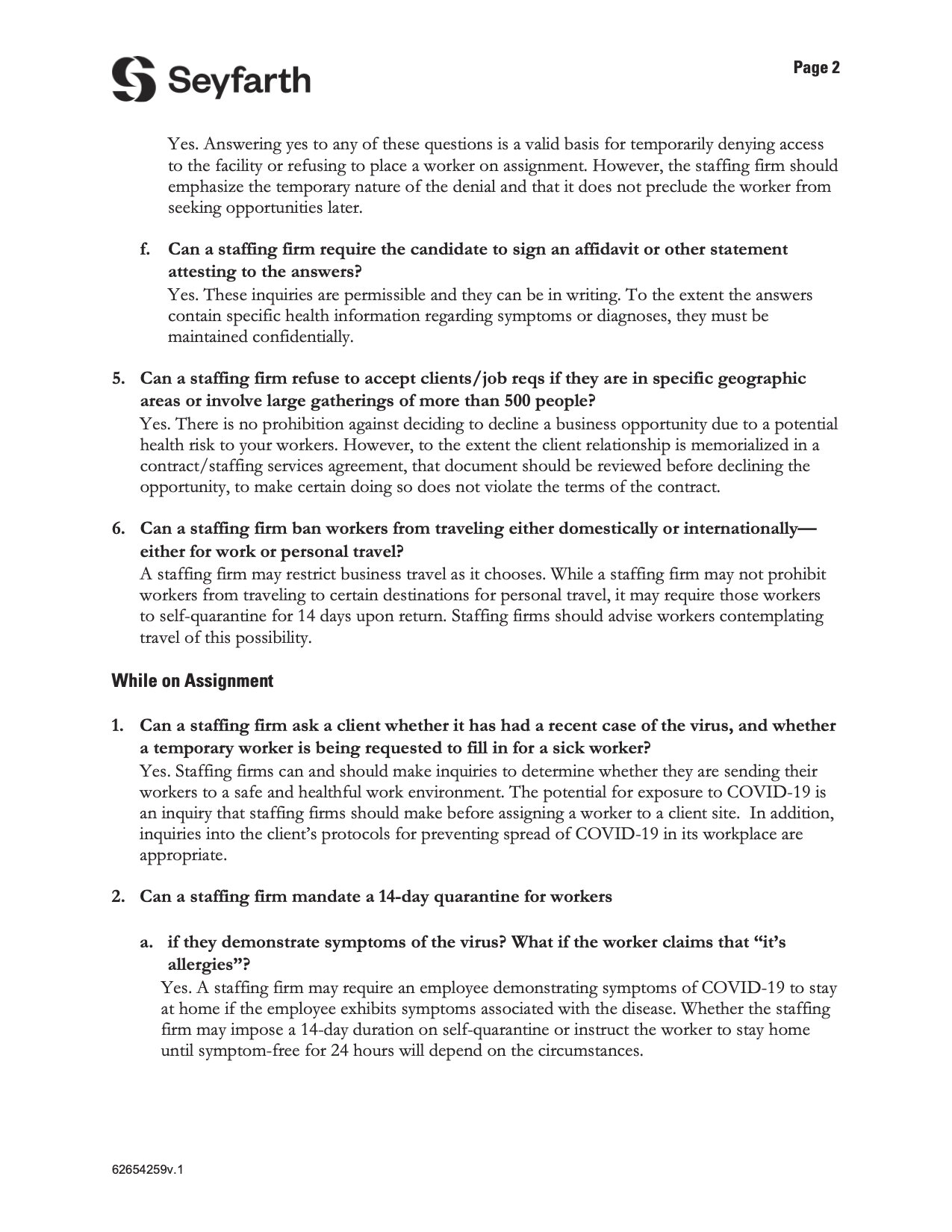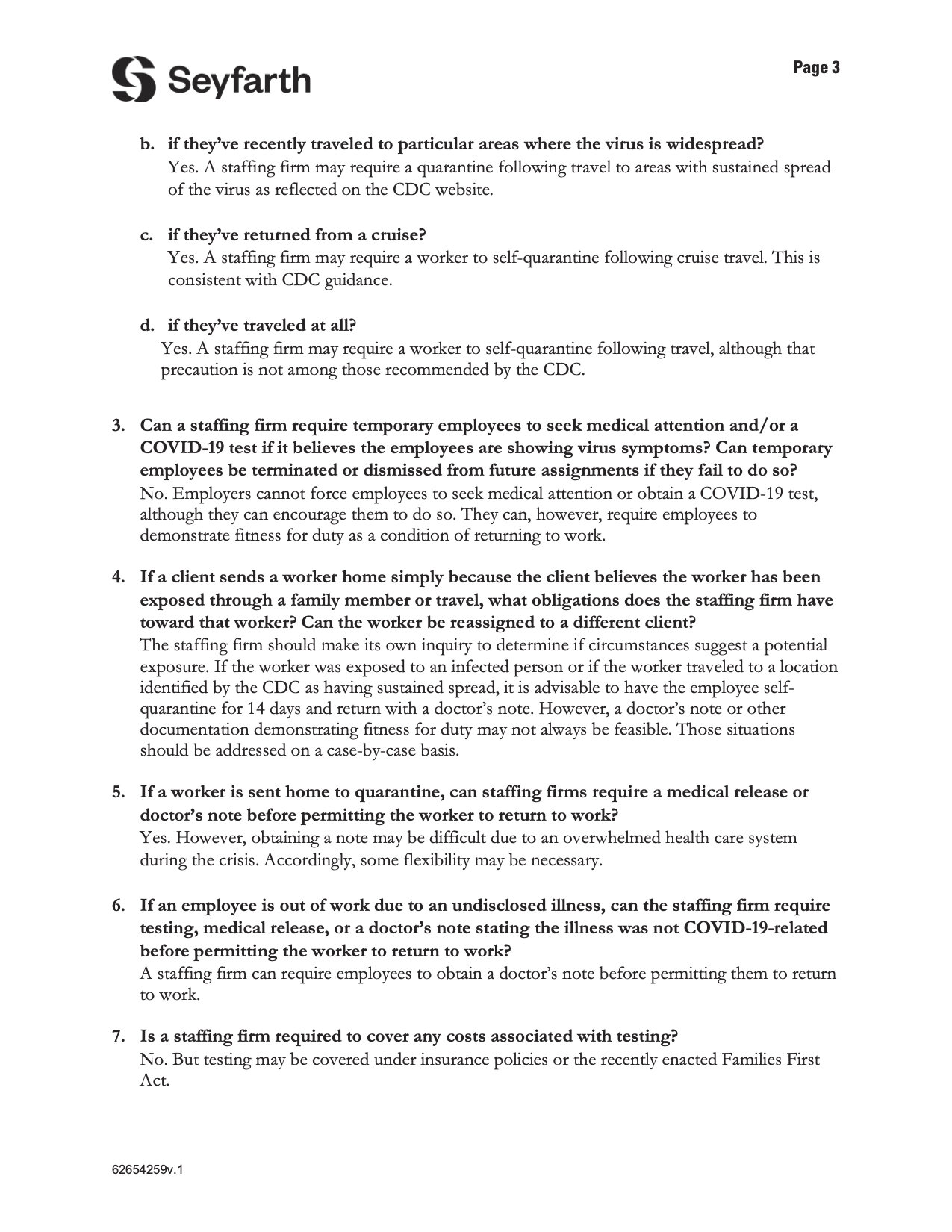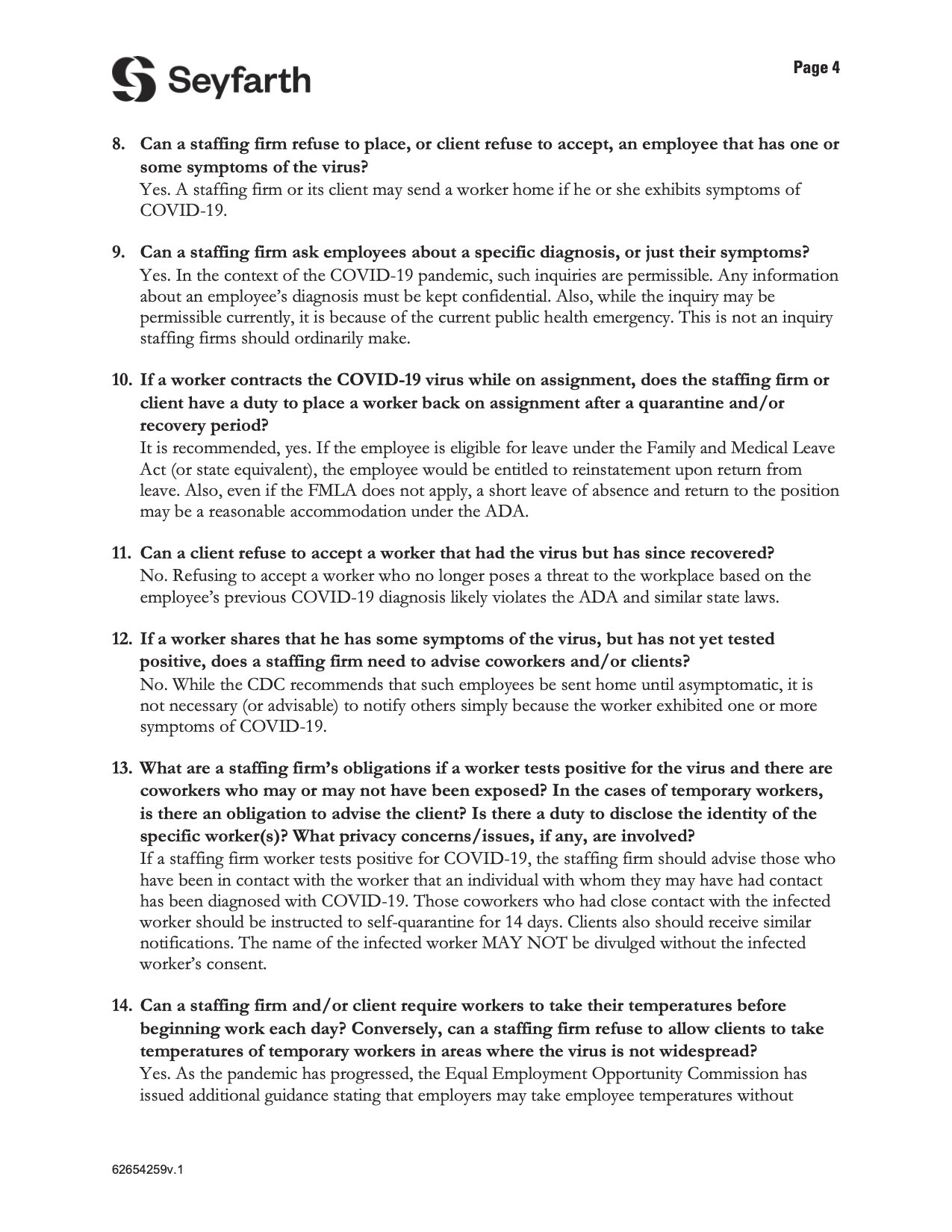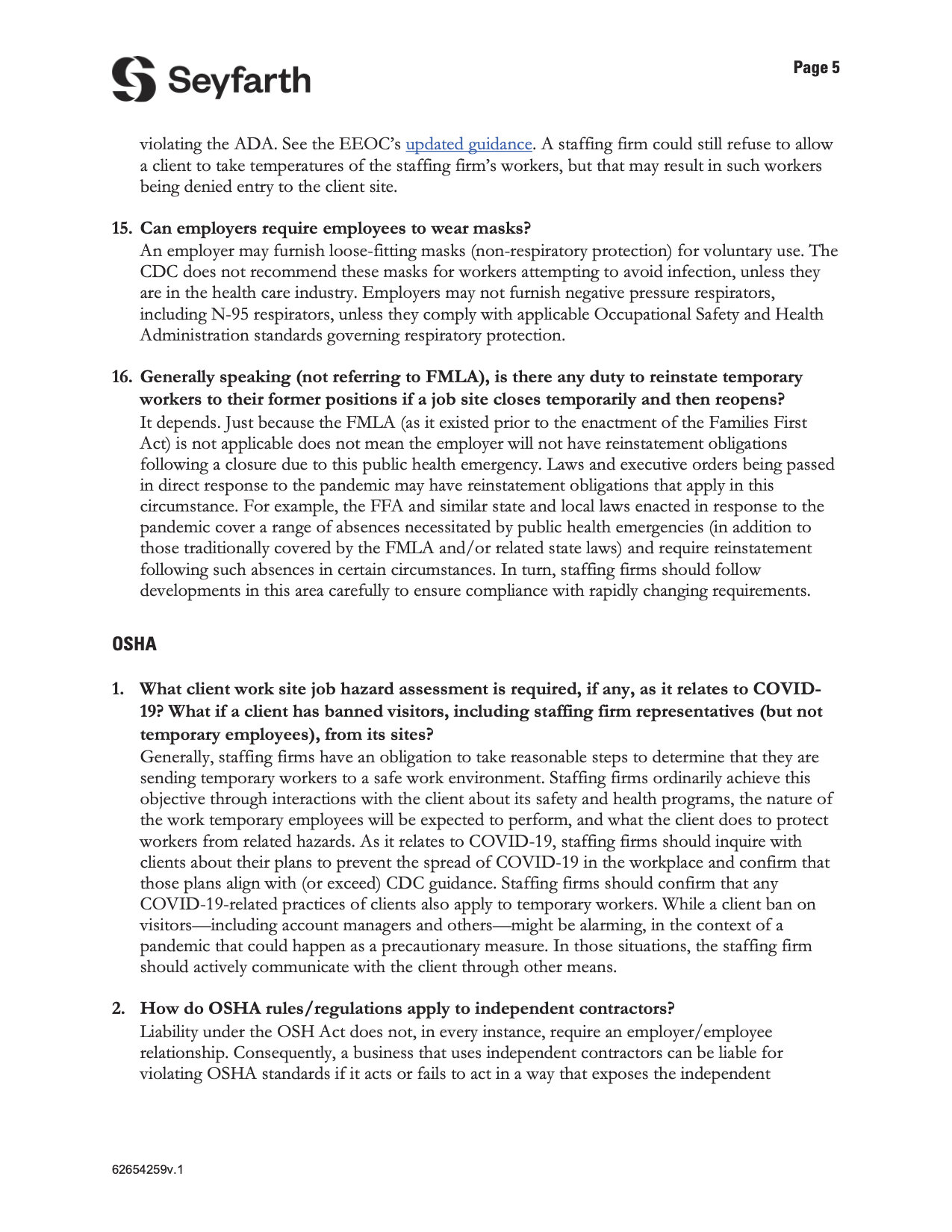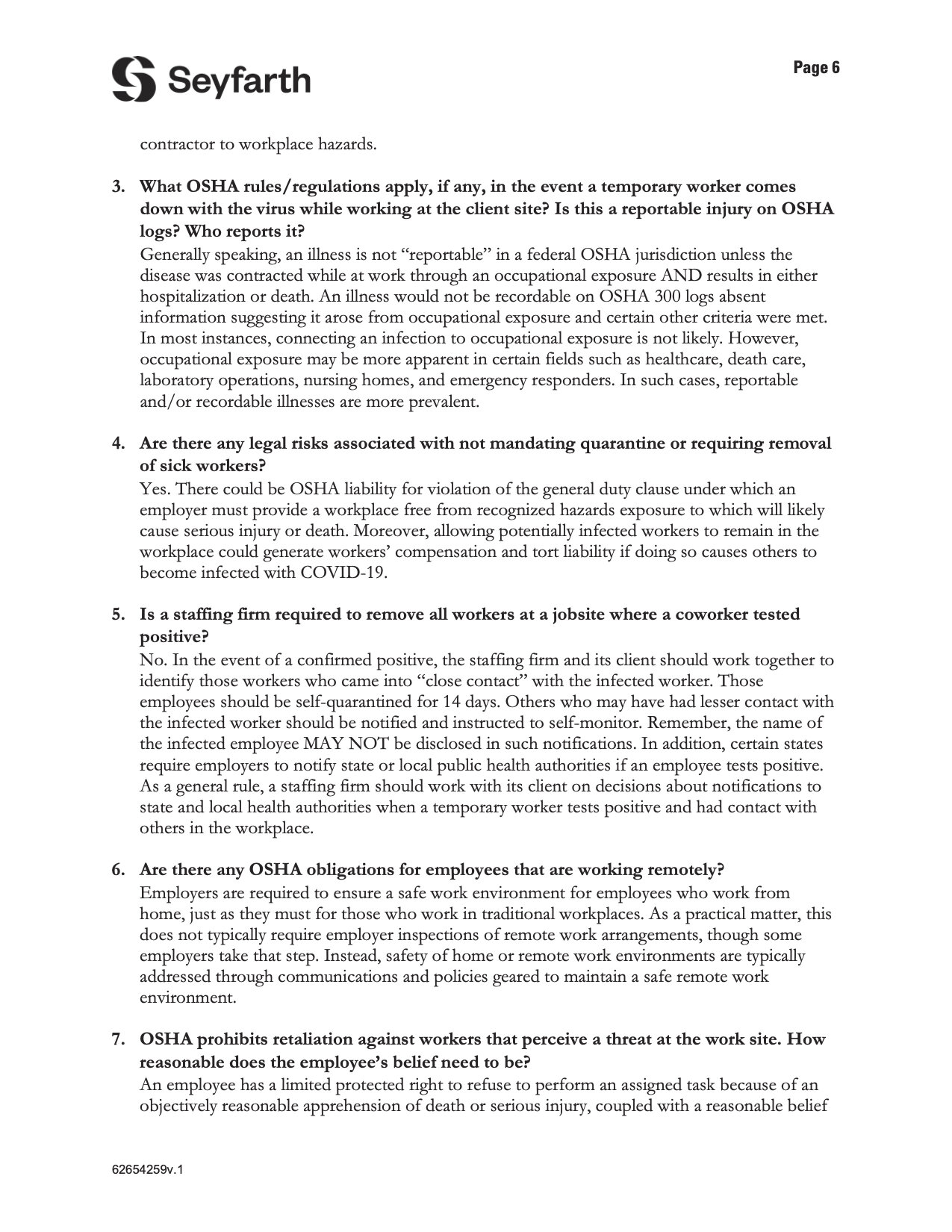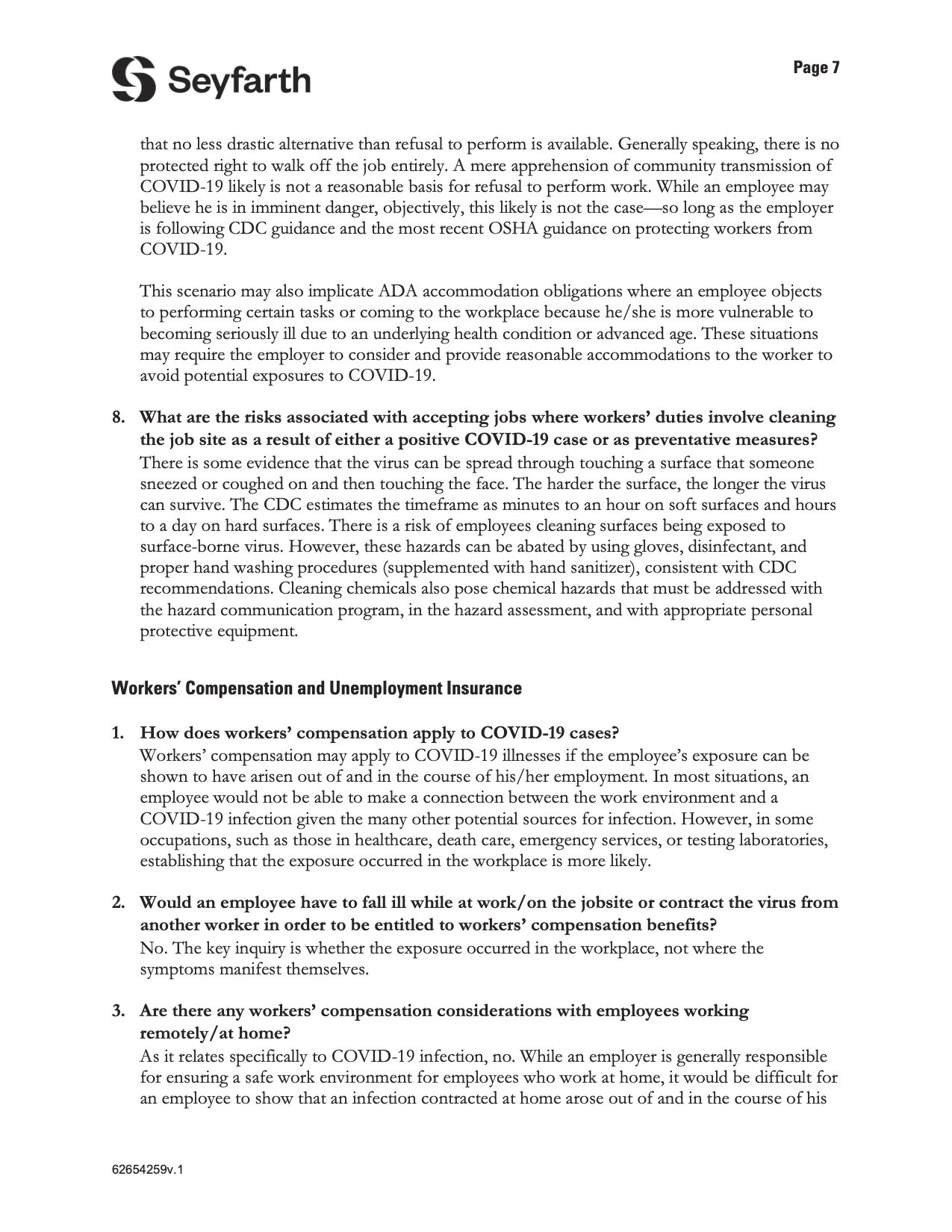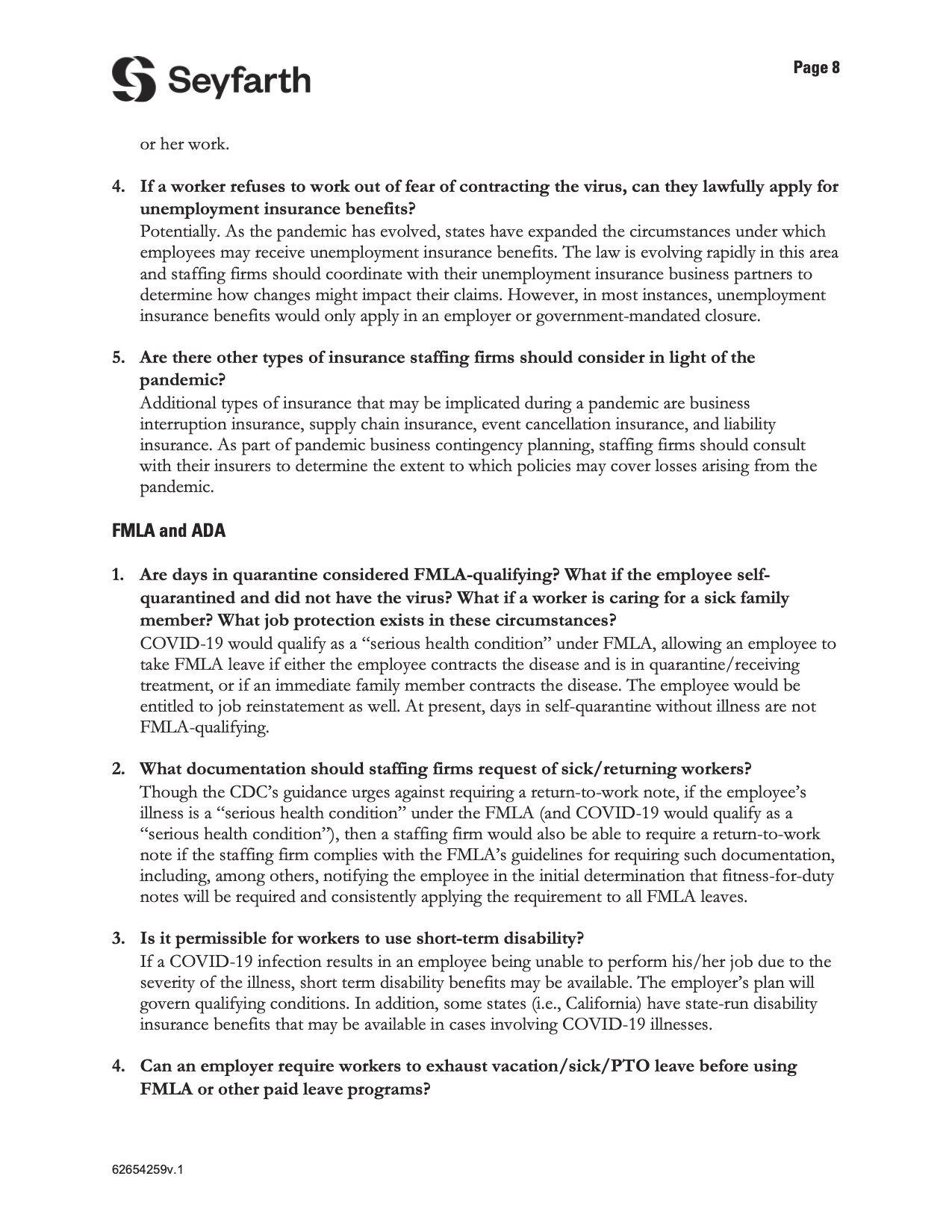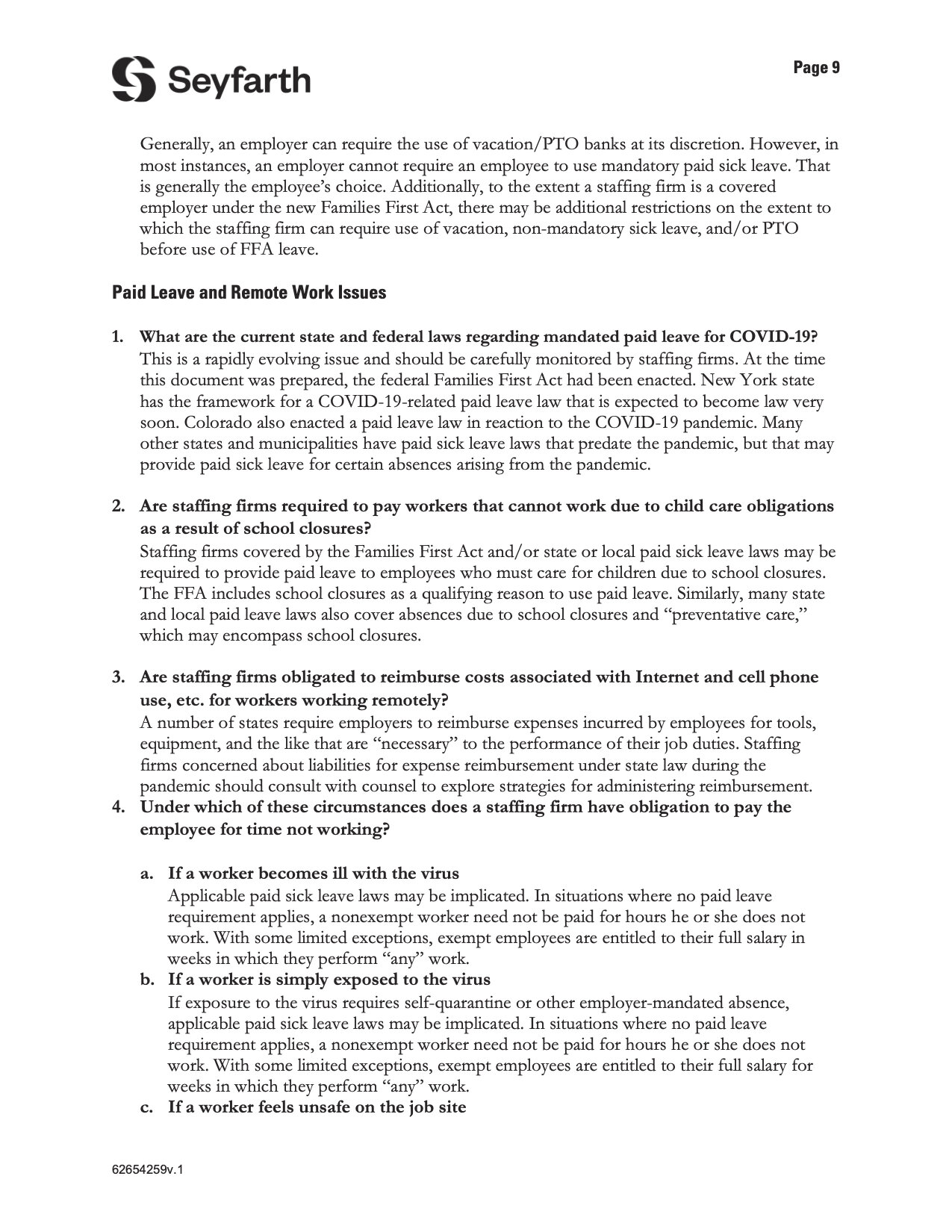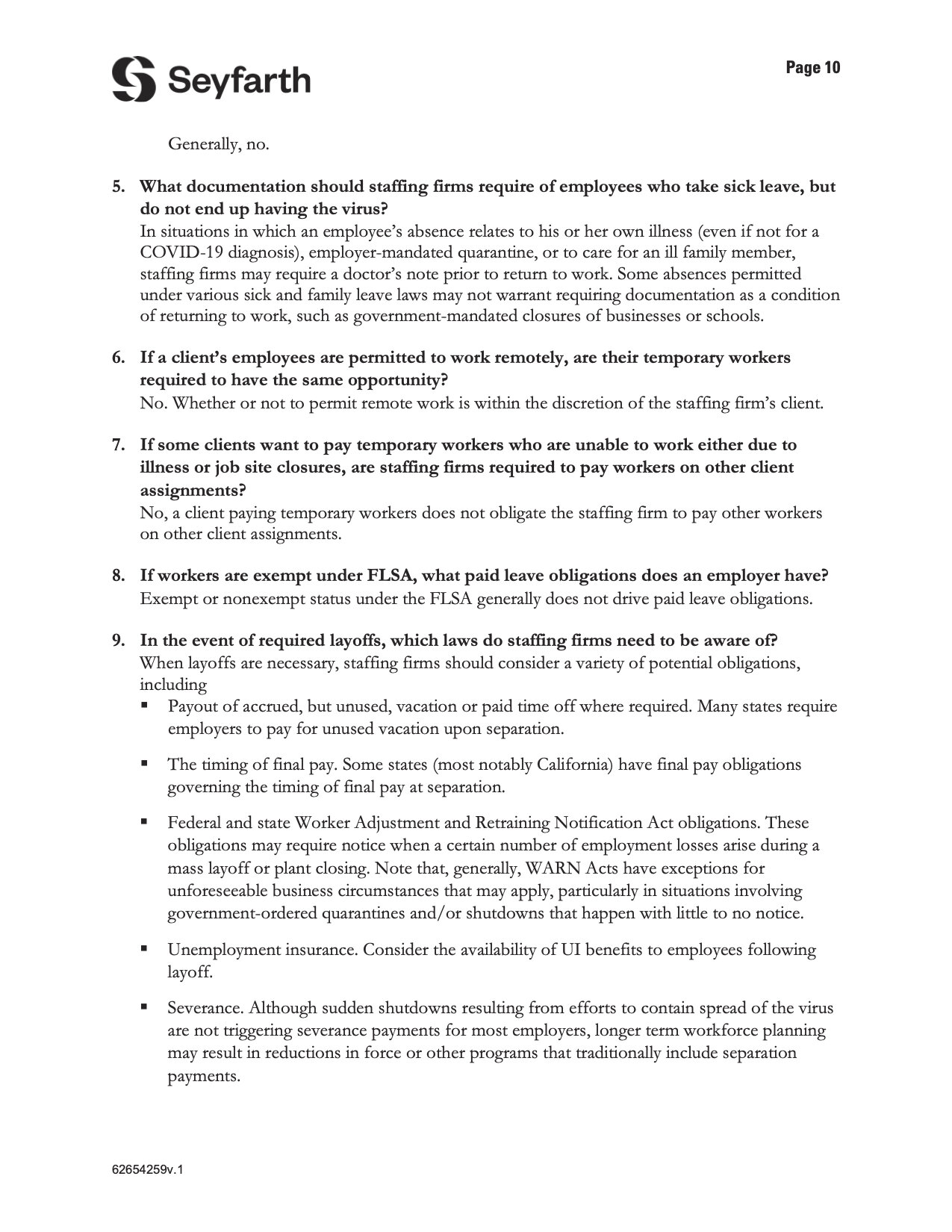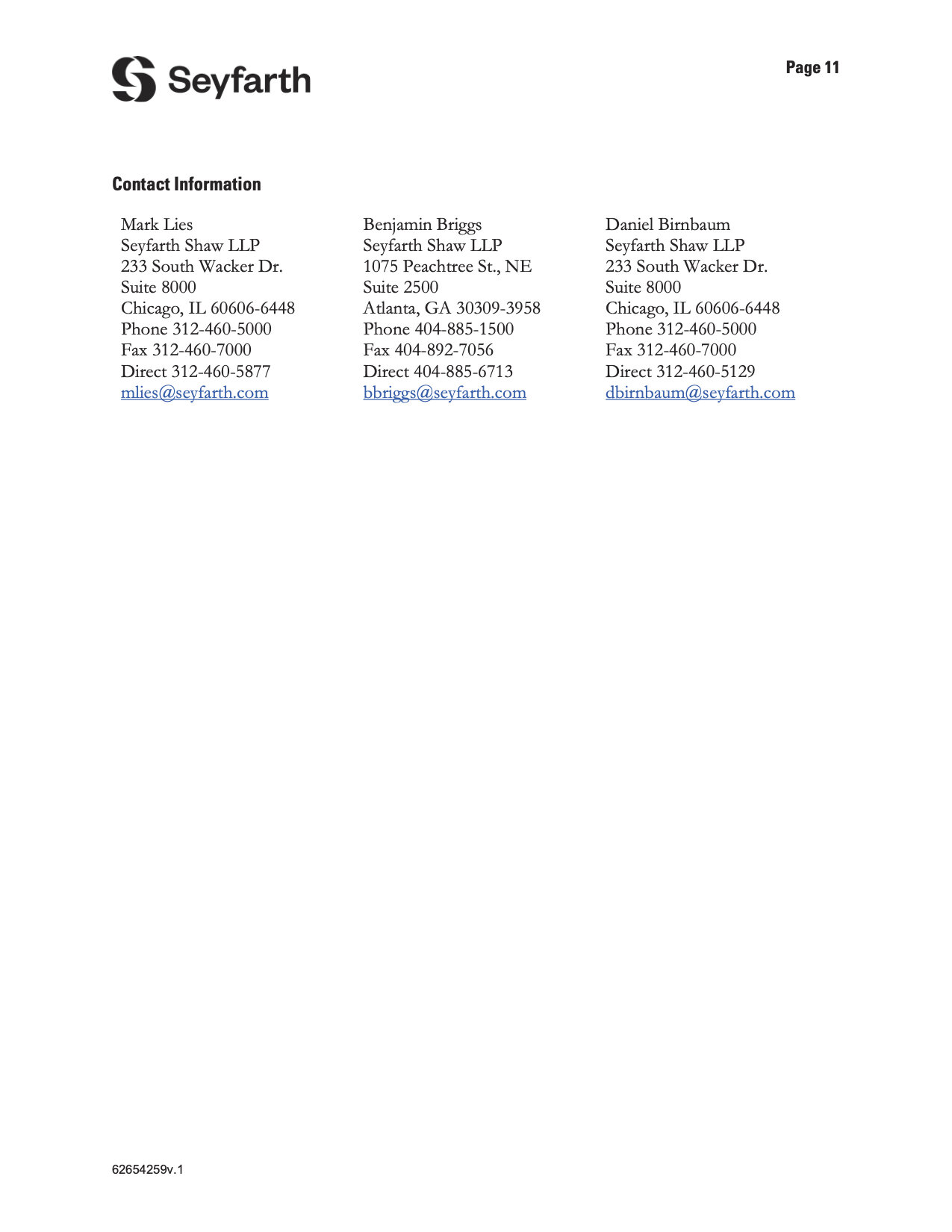NCCI MOD CHANGES
A QUICK GUIDE FOR 2024 NCCI MOD EXPERIENCE CHANGES
The National Council on Compensation Insurance (NCCI) is updating its experience modification factor for 2024, starting from November 1, 2023, in different states.
Changes Overview:
The NCCI oversees workers’ compensation in 36 states, starting changes from Aug 1, 2024.
The basic formula stays the same, but some components are adjusted to better reflect each state’s cost differences.
Specific Changes:
Switch from a nationwide to state-specific split point.
Recalculation of state accident limitations.
Why These Changes Matter:
Although the main formula stays, these tweaks could raise or lower employer premiums.
Benefits of Changes:
More accurate experience rating modifications.
Fairer treatment for states with varying cost structures.
Better performance in states with high or low claim costs.
Less impact from large outlier claims.
Fairer calculation of employer claim counts.
Fairer allocation of credibility to each employer's loss history.
Simplified calculations.
State-Specific Split Points:
The split point is vital in the formula. It divides each claim into two parts: primary (up to the split point) and excess (above it).
Why It Matters:
Primary losses have more weight in the formula. The D-ratio represents the expected percentage of losses below the split point.
The Change:
Each state gets its split point value based on its average claim costs. This aims for fairer modifications across states with different cost levels.
Impacts:
The changes will vary by state, affecting some businesses with higher or lower experience modifications.
Methodology for State Accident Limitations (SAL):
SAL caps excessive claims to keep modifications accurate. The revised SAL lowers caps across states.
Who's Affected:
NCCI-governed states and some independent bureau states. States with distinct plans won’t be affected.
Organizational Impacts:
Overall, no significant statewide premium impact is expected. Individual employer-level adjustments may vary, with most seeing changes of less than +/-5%.
#staffing #staffinginsurance #staffingworkerscompensation















